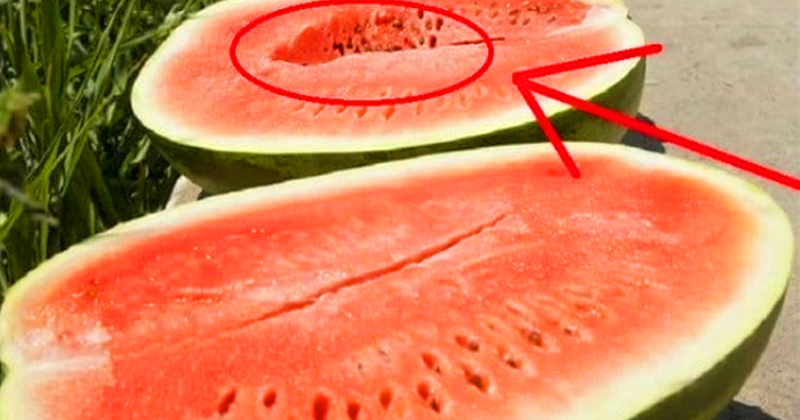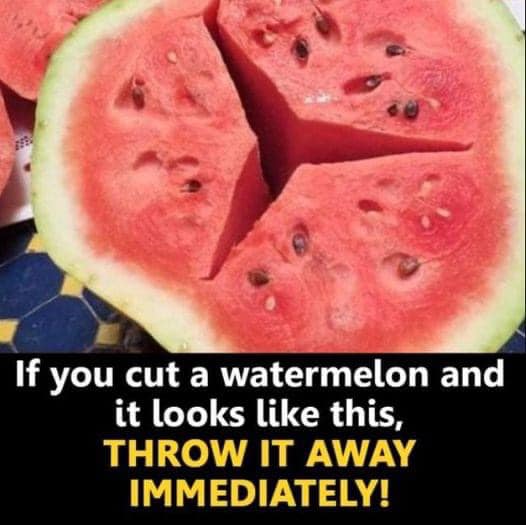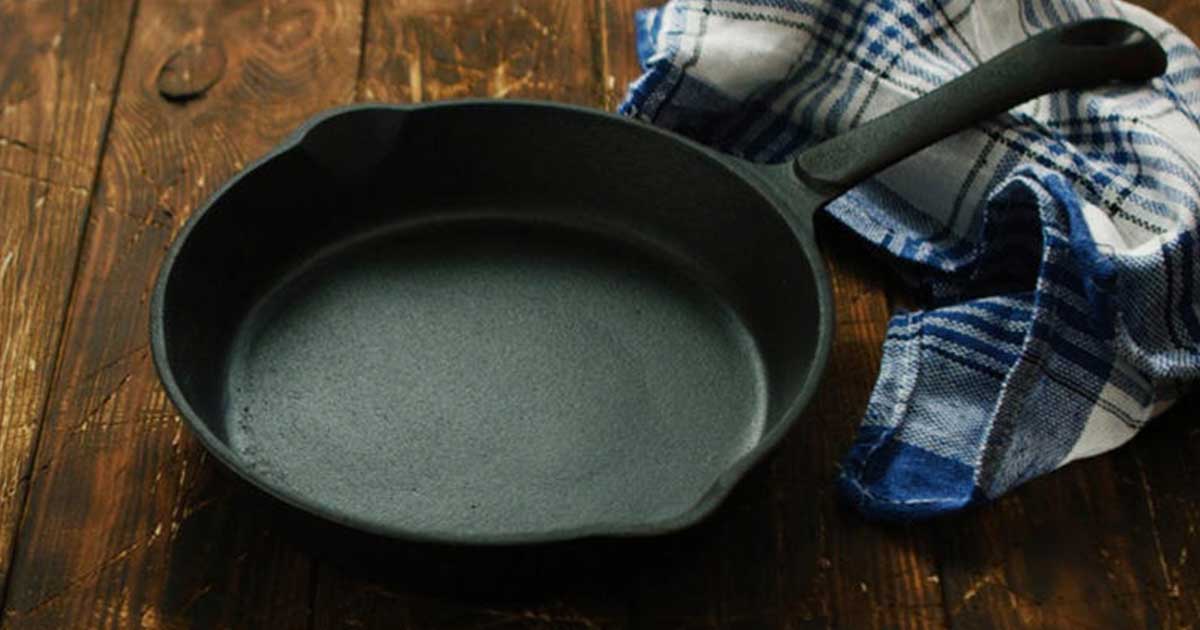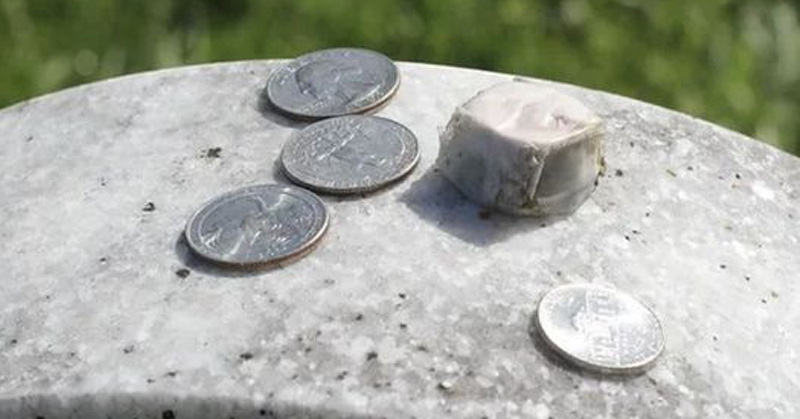Ah, watermelon! The quintessential summer fruit. Who doesn’t love its refreshing taste, especially when the heat is on? It’s practically a hydrating elixir packed with water, vitamins, sugars, and natural energy. Seriously, it’s like biting into a piece of summer itself.
Now, here’s the lowdown: Watermelon is mostly composed of water—about 92%! This makes it a fabulous diuretic, helping to flush out your system. Plus, on a sweltering day with temperatures soaring past 30 degrees, a piece of watermelon can cool you down quicker than jumping into a pool.
We love watermelons for their health benefits too. They’re an abundant source of hydration, vitamin C, and a host of antioxidants. And let’s not even start on how budget-friendly and long-lasting they are. Pretty much a win-win, right?
But hold your horses! Not all is sunshine and rainbows in the land of watermelons. Occasionally, this dreamy fruit can turn into a bit of a nightmare. And I’m not talking about your garden variety seed-spitting contest here.
Hard to believe, but sometimes those juicy, delicious watermelons can actually pose serious health risks. When you’re munching on those ruby red slices, you need to be vigilant. Spot something off? Well, it might be time to toss that melon ASAP!
The Cracks in a Watermelon are a Bad Sign
Picture this: you slice open a lovely watermelon, anticipating that sweet, refreshing taste, and then… BAM! You notice some pretty gnarly cracks inside the flesh. Your first thought might be, “Eh, no biggie!” Guess what? It is a biggie!
You should put the brakes on your watermelon feast! Those cracks are red flags waving at you. Ignore them, and you might be inviting some major health woes into your life.

The Reason the Surface of the Watermelon is Cracked is Because of a Substance Used for Its Growth
Here’s the scoop: those cracks are caused by a chemical known as Forchlorfenuron. Sounds scary, right? Well, it kinda is. This stuff is used to spray the fruits and, voila, speed up their growth. It’s like rocket fuel for your watermelon.
The kicker? When Forchlorfenuron gets into your system, it can cause some seriously nasty side effects—think cancer and neurological issues. Yep, it’s as dangerous as it sounds and a whole lot harder to heal.
So, next time you crack open a watermelon and see those ominous fissures, think twice before diving in. Your health is precious, and nothing is worth risking that over a slice of potentially hazardous fruit.
Remember, folks—always put your health first!




